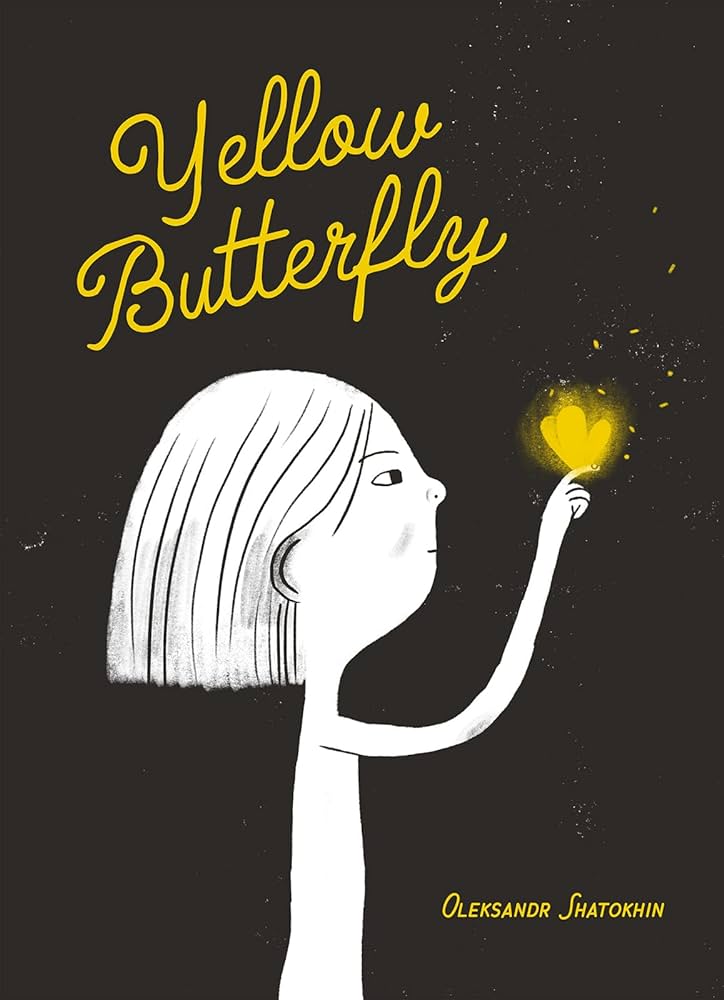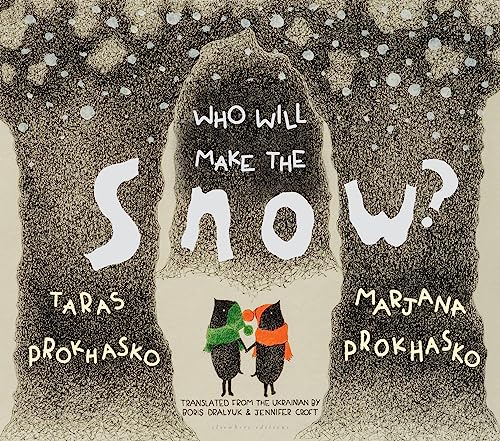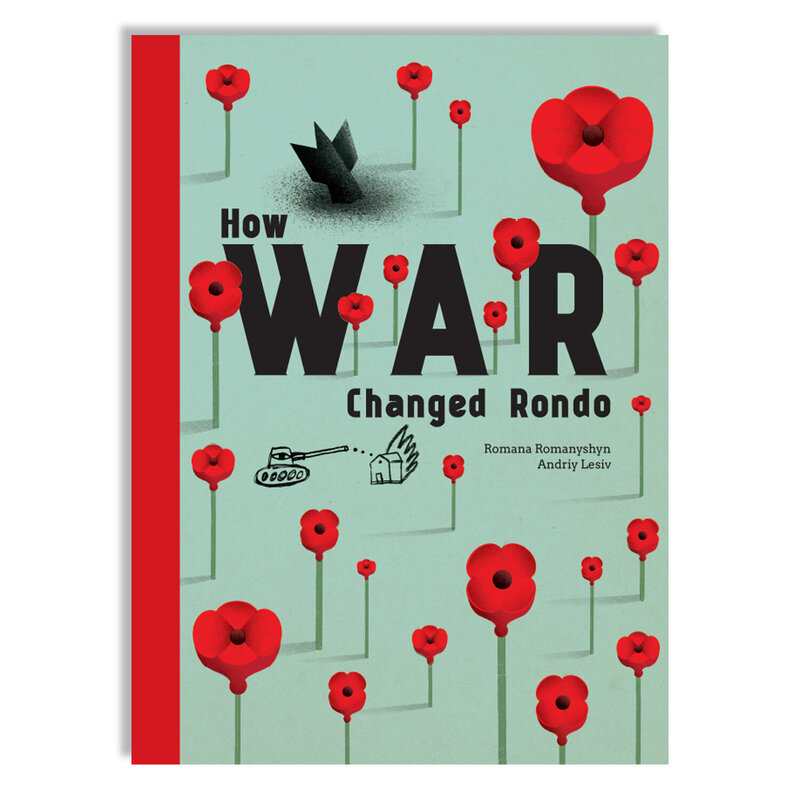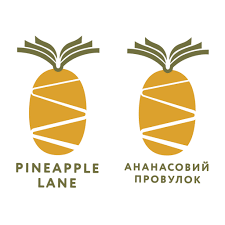By Oksana Lushchevska Oksana, we deeply apologize but we cannot let children out from the bomb shelter for the reading time. Today we have air raids one after another. “Oksana, we deeply apologize but we cannot let children out from the bomb shelter for the reading time. Today we have air raids one after another, ” messages the teacher to me the minute I sit down by the computer with children’s books in my hands still deciding which book might be better to read aloud to 2nd graders. I am ready to meet with kids via zoom, our read aloud is about to start. “We are sorry but it looks like we can’t even reschedule this reading,” adds the teacher after 15 minutes. “We are afraid tomorrow will be similar…” To get messages like this is not a rare thing these days for me as an author and scholar of children’s literature. Classes are delayed, meetings are rescheduled, events are cancelled a number of times. Since Russia’s invasion of Ukraine two years ago, Ukrainian educators and their students are trying to re-learn how to make possible a solid education for Ukrainian children in the time of war. This is also right after COVID, which already had significant impact on education quality in Ukraine. Despite difficulties and instabilities, children’s literature enthusiasts managed to organize about 40-45 read alouds for me during which I read to Ukrainian children my own books and books of other Ukrainian authors. This taught me many lessons on how to read with children who live in extraordinary difficult circumstances. Moreover, this experience showed me what book preferences children have while going through extremely dark times (quite literally). Lessons Learned In this short article I would like to share key takeaways from my experience reading books to Ukrainian children through these turbulent and unstable two years. First, it is important to note that my preparation for read alouds always took a lot of time, because from the first read alouds I came to understand that children’s reading preferences highly depended upon: Geographical area If children were in the most active Ukrainian war zones, they wanted to talk a lot about war and they preferred to read a book reflected their shared experience. Reading age Younger children preferred funny and easy books, but older children preferred books about strength, bravery, truth and togetherness. Additionally they always wanted to know what children from the USA think about the war in Ukraine and if they support Ukraine Preparation ahead of time Children who had read my books and knew that I was their author, desired to have discussions about the texts themselves. Those who did not read my books previously, wanted to read something of my choice I learned how to manage these three major issues by having with me a few different kinds of books as options: funny books about dogs/cats, hybrid fictional/informational biography books about famous Ukrainians, and some realistic fiction books about war experience. Recommendations for Practice in the US What about us, educators and enthusiasts of children’s literature, here in the USA? How is everything mentioned above relevant to our reading choices? I believe we can borrow three major points from my experience reading books aloud to children in Ukraine.
In their article for Time Magazine, Tom Rivett-Carnac and Oliver Jeffers state, “We exist in a place where all the problems of the universe are present” and note that, nowadays, we should not to think of ourselves just as individuals – but rather we need to teach our children to have a mindset that we are all interconnected. Similar to Jella Lepman (1891-1970), a German journalist, author, and translator who founded the International Youth Library in Munich right after WWII, I believe that children’s books are couriers of peace and support. Thus, “if children read books from other countries, they would realize that they share common human values and strive to preserve them.” Inspired by this, I have a proposal to all the children’s literature enthusiasts who are planning to talk about the two years of Russian’s invasion to Ukraine, which for sure will be widely discussed on the news and mass media this February: You can bring a fabulous supportive experience for the young readers in your classrooms and reading circles by sharing books!
Lepman, J. (2002). A bridge of children’s books: the inspiring autobiography of a remarkable woman. Dublin, Ireland: The O’Brien Press, Ltd. Rivett-Carnac, T., & Jeffers, O. (2023). Choose your stories well. Time, 2023(1–2). Romanyshyn, R., Lesiv A. (2022). How War Changed Rondo. New York: Enchanted Lion Books. Oksana Lushchevska, Ph.D. is an independent children's literature scholar and a Ukrainian children's book author and translator. She is a publishing industry and government consultant in Ukraine and founder of Story+I Writing Group. She was a recipient of the 2015 CLA Research Award. Website: http://www.lushchevska.com Comments are closed.
|
Authors:
|
CLA
About CLA
|
Journal of Children's Literature
Write for JCL
|
ResourcesCLA-sponsored NCTE Position Statements
|
Members-Only Content
CLA Video Library
|
© COPYRIGHT 2018.
ALL RIGHTS RESERVED |





 RSS Feed
RSS Feed